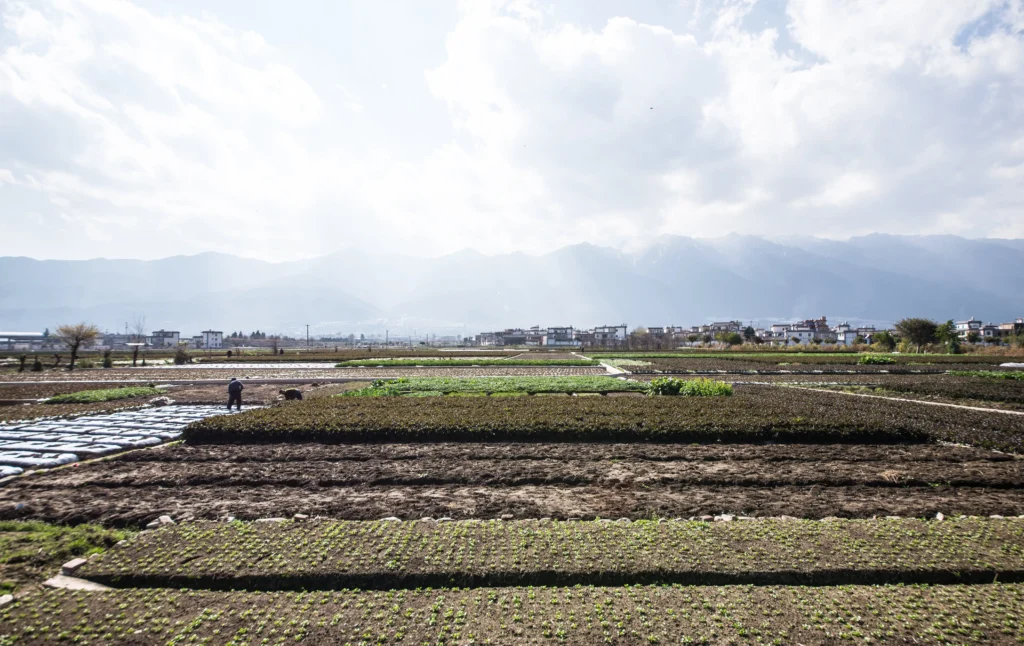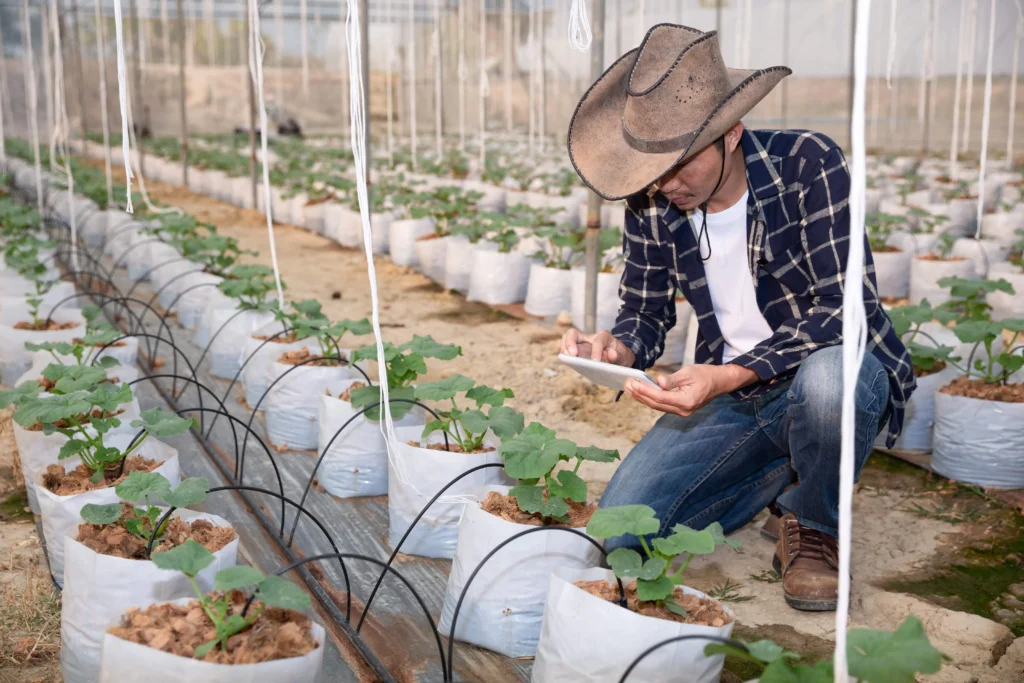Support: +0413 490 1050
Climate-Smart Farming in India: Preparing for the Future of Food Exports with Bwell International
Introduction

India has always been known as the land of spices, fruits, and rich agricultural heritage. But today, agriculture is facing one of its biggest challenges—climate change. Rising temperatures, irregular rainfall, and soil degradation are threatening both farmers’ livelihoods and the global food supply chain. To meet these challenges, climate-smart farming in India is gaining momentum as a practical solution. At Bwell International, we recognize that the future of Indian food exports—whether it’s dry fruits export, Indian spices export, or healthy snacks —depends on sustainable practices that protect both farmers and the planet.
What is Climate-Smart Farming?
According to the Food and Agriculture Organization (FAO), climate-smart farming is an integrated approach that focuses on:
- Improving agricultural productivity to ensure food security.
- Building resilience by helping farmers adapt to changing climates.
- Reducing greenhouse gas emissions wherever possible.
In simple terms, climate-smart farming in India means producing more with fewer resources while maintaining the quality that international buyers demand.
Why Climate-Smart Farming Matters for Indian Food Exports
India is one of the world’s largest exporters of agricultural products. Global consumers are now looking for food that is not only high-quality but also sustainably produced. For companies like Bwell International, this shift in consumer mindset is an opportunity to highlight how Indian food exports are backed by responsible farming.
- Dry Fruits Export: Climate-smart practices ensure almonds, cashews, and pistachios are grown with efficient water use and better soil management.
- Indian Spices Export: Organic and chemical-free spices appeal to health-conscious international buyers.
- Healthy Snacks from India: Processed and packaged products gain value when sourced from farms that follow eco-friendly methods.
In short, sustainability is no longer an option—it’s a necessity for global competitiveness.
Climate-Smart Practices Transforming Indian Agriculture

Water-Smart Irrigation
India faces severe water stress in many states. Drip irritation, rainwater harvesting, and sensor-based irrigation systems allow farmers to save water while improving crop yields.
Soil Health Management
Techniques like organic composting, crop rotation, and reduced chemical fertilizers help restore soil fertility. This directly improves the quality of exports from India, whether it’s nuts, fruits, or spices.
Agroforestry and Crop Diversification
By planting trees alongside crops and rotating different food items, farmers reduce risks from climate change and pests. It also means India can export a wider range of products to global markets.
Technology and Innovation
From drones in agricultural to AI-powered weather forecasting, technology is reshaping farming. These innovations allow exporters like Bwell International to maintain consistency in product quality.
Case Study: Dry Fruits Export from Climate-Smart Farms
Take almonds and cashews, for example. Traditional farming methods often required high water usage, but with drip irrigation and organic fertilizers, farmers are now producing premium-quality nuts while conserving resources. These products, when exported by Bwell International, meet international quality standards while telling a story of sustainability—something today’s buyers deeply value.
The Role of Bwell International in Supporting Climate-Smart Farming
As a leading player in Indian food exports, Bwell International partners with farmers who are adopting climate-smart methods. Our mission is not just to deliver premium dry fruits, spices, and healthy snacks from India but also to support practices that protect the future of agriculture.
By building strong relationships with climate-smart farmers, we ensure that our exports are:
- High in nutritional value.
- Produced with eco-friendly techniques.
- Globally competitive in terms of quality and sustainability.
Looking Ahead: The Future of Indian Food Exports
The demand for sustainable and ethically sourced products will only grow in the coming years. For India, this means that embracing climate-smart farming is not just an agricultural reform—it’s a global business strategy.
At Bwell International, we believe that the combination of India’s rich agro heritage and modern climate-smart practices will make Indian food exports stronger than ever. From dry fruits export to Indian spices export, the future lies in producing food that is healthy for people and kind to the planet.
Conclusion
Climate-smart farming in India is the bridge between tradition and the future of agriculture. For farmers, it means resilience; for exporters, it means credibility; and for the world, it means secure access to sustainable foods. At Bwell International, we are proud to be part of this movement—delivering nature’s finest to global markets while supporting a more sustainable future.

